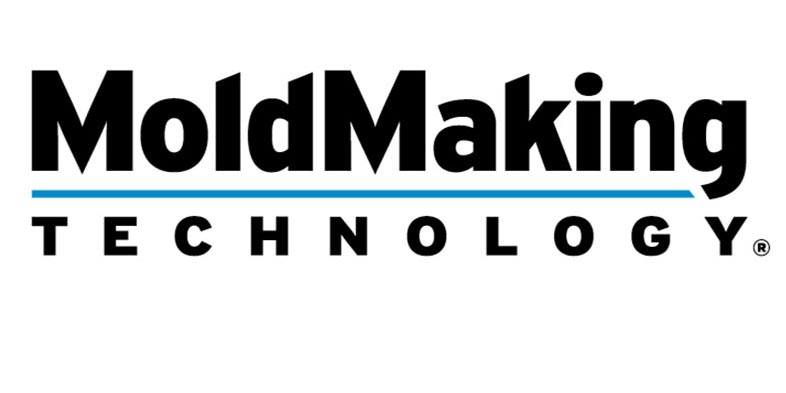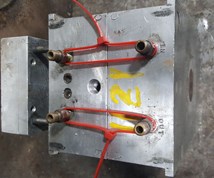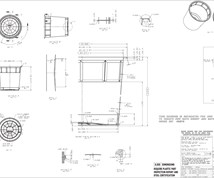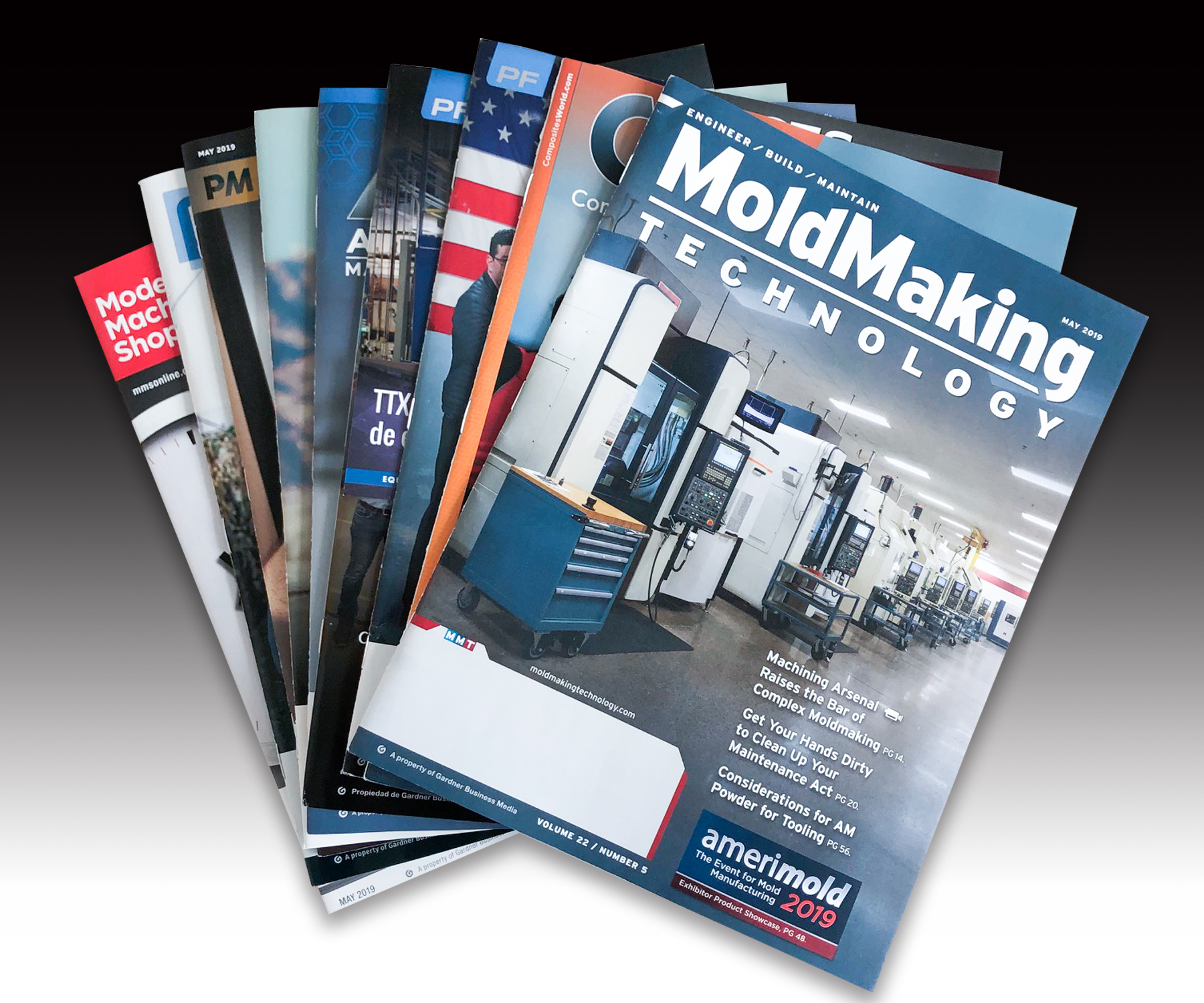
Project Business Automation (PBA) is a new category of software that can help project-based businesses integrate all core project business processes into one system. Photo Credit: Adeaca
Failing to recognize your mold-building company as a project business makes it almost impossible to organize and support your business processes in a way that increases productivity and profitability. More often than not, the current way business processes are set up is disjointed, fragmented and ineffective. In addition, the lack of business systems to support these companies makes it even more challenging.
A mold manufacturer that identifies as a project business will be able to understand how it should structure the business and what systems and solutions are possible. Many may conclude that an ERP solution is the answer to support their business operations, but most don’t recognize that traditional ERP solutions are not enough to meet their project business needs.
Featured Content
Traditional ERP solutions were designed for industries with high-volume, repeatable processes. They are effective in business industries where it’s easier to apply technology to standardized business processes and data to automate and accelerate production.
However, it’s not so easy for project businesses like mold manufacturing that have unique products and difficult-to-standardize business processes. Traditional ERP components are not able to provide the level of automation and visibility they need to be successful.
As a result, project businesses often end up employing 10 to 15 different applications to manage business processes. And for the most part, the majority of the company’s information is managed in spreadsheets. This disjointed application landscape yields three major problems:
- Lack of visibility. The current status of a project is unknown. While you may be receiving weekly status updates and monthly overviews, chances are the information is already outdated because of the time it takes to consolidate the data and generate the reports. As a result, many issues and risks go unnoticed, or they are discovered after they’ve become major problems, putting the project at risk.
- Lack of control. Running your business in a disparate application landscape means there’s a lack of control over the operations of the company. When information flows are not connected and integrated, trying to take control and standardize business processes is almost impossible.
- Poor project performance. Of course, when you have lack of visibility and lack of control, it inevitably leads to poor project outcomes and business performance.
It’s time to consider Project Business Automation (PBA). Since the problem project businesses have is this non-integrated mode of operation, the only solution is to integrate. And that’s what PBA does.
PBA is a new category of software solutions designed to help project-based businesses integrate all core project business processes into one end-to-end system. More specifically, PBA replaces the wide range of disparate applications that project businesses normally use and integrate all those functionalities (ERP, project management, project estimation and cost management, supply chain, production, enterprise PPM, professional services automation, etc.) into one solution.
Only by integrating all these functions into one system can mold manufacturers get the real-time information on KPIs they need that help accelerate and automate processes. With PBA, everything is seamlessly connected, something that wouldn’t be possible when everything is managed in separate applications.
RELATED CONTENT
-
How to Deal with Graphite Dust, Part 1
A review of the characteristics and considerations when handling graphite dust.
-
Line Width vs. Depth Ratio in Laser Engraving
A laser does not produce 90-degree sidewalls. It requires a certain amount of draft in order to produce the required pattern.
-
ISO 9000 - Pt.15 Handling / Storage / Packaging / Preservation / Delivery
A Series of International Standards for Quality Management and Quality Assurance. This Clause is designed to provide a method to prevent damage or deterioration (i.e., preserving and segregating product).













